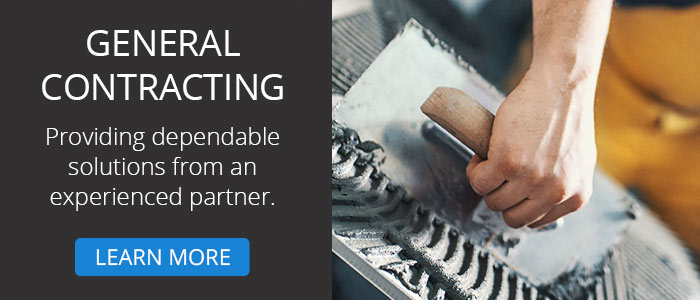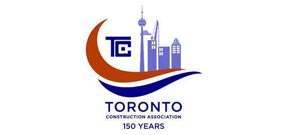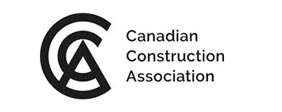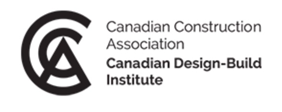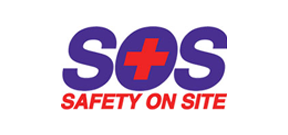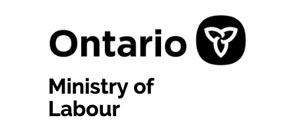
Top 10 Things to Consider BEFORE Signing a Commercial Lease
Signing a commercial lease brings a number of challenges, particularly for first-time business renters. Here a few pitfalls to consider before you sign.
One of the most critical tasks facing any business owner is signing a commercial lease. As commercial contractors, we’ve seen a lot of bad leases. Here are a few areas that we urge you to look out for if you are in the market for business rental property.
1. Take your time
Finding the right location for your business will be a time-consuming, stressful process. Accept this from the start, and you’ll do fine. Choosing the right location for your business can be a make-or-break proposition, so you need to ensure you take the time to do it correctly. Resist the urge to settle for a less-than-optimal building just to get the process over with. Also, if you ever find yourself ready to sign a lease – don’t. Take an extra day, think it over, and make absolutely sure. A good landlord will understand.
2. Engage an experienced commercial Real Estate Agent
Having an agent experienced in commercial real estate is critical, not only to help you find a location but more importantly, to advise you on the lease negotiations. This can be gruelling and costly if you don’t have experience in your corner. For example, are you an ‘A’ or ‘B’ class tenant? Are you eligible for leasehold improvement incentives? Your agent can help you navigate the offer.
3. The rules are different for business rentals
When renting residential properties, you have certain, specific rights which befits a place in which you will be living. Not so for commercial property rentals. Also, when renting a residential property, you have very set costs associated with the property, such as rent and, depending on the lease, other services such as utilities.
However, commercial landlords will often quote one price for the actual property rental, then pile on additional fees such as landscaping services, security, garbage pickup or housekeeping (if in a shared facility), that can quickly add up. These are often collectively referred to in commercial leases as ‘TMI’ (taxes, maintenance and insurance). Also, you will often find buried in the small print of many commercial property leases that while the rent may not change or may not change without the tenant’s first right of refusal to continue the lease, the add-on charges can increase at the will of the landlord with little or no warning.
4. Negotiate, negotiate, negotiate
Never accept a landlord’s first offered rental terms. Try to negotiate on the price or for other concessions, such as facility costs. Most importantly, no matter how much you are in love with a property or how perfect it seems, be willing to walk away. If the landlord understands this from the beginning, you will be negotiating from a place of strength.
5. Do your homework
Check out as many properties as possible and be willing to be open-minded about location. You may find the perfect location is actually not as perfect as you think it is, while better properties – and better prices – may be in a location you had not previously considered. Study the local real estate market so you will have a rough idea of what a fair commercial rental rate looks like for your area.
6. Talk to your lawyer before you sign anything
Signing the wrong commercial lease – or renting the wrong property from the wrong landlord – can be an expensive mistake that has negative repercussions for your business that goes far beyond the question of real estate. Just like other legally binding contract, you should never sign a property lease until the document has been vetted and approved by your attorney. Unlike potential landlords, your attorney works for you, and is paid to make sure your best interests and the interests of your company are protected.
7. Get a professional assessment
Engage a Contractor to assess the site for utility provisions are sufficient and assessing current site conditions that may affect construction costs.
8. Make sure you get exclusivity for your building or complex
Ask for exclusivity on the location for your industry. If your are a dentist, that means no other dental offices can open in your building. If you are building a restaurant, make sure there can be no direct competitors to the cuisine you offer, etc.
9. Get ‘First Right of Refusal’
Make sure you have first right of refusal should the building or unit ever become available for sale. In other words, should your landlord decide to put the building or unit up for sale that they come to you first to offer.
10. Know your terms
Lease terms should be 10 and 10 or 10, 5 and 5. Meaning, you are looking to lease the unit over a 20-year term starting with 10-year fixed term followed by a second 10-year or two 5-year options. This is imperative to securing your business and also to get the most of the cost invested in the leasehold improvements.
Keep these points in mind, and your business will soon find the perfect new location for your business.
At Antham Construction, we know what it takes to build a successful Canadian business. When you’re ready to make a move, contact us.
Recent Posts

Want to Reduce Noise in the Office? Improve Your Acoustics

6 Of The Most Common Office Design Mistakes You’ll Want To Avoid

The Benefits and Drawbacks of Open Ceilings

3 MORE Upcoming Interior Design Concepts for the Office Space

Tips From a Commercial Contractor: The 5 Most Common Complaints About Office Design

